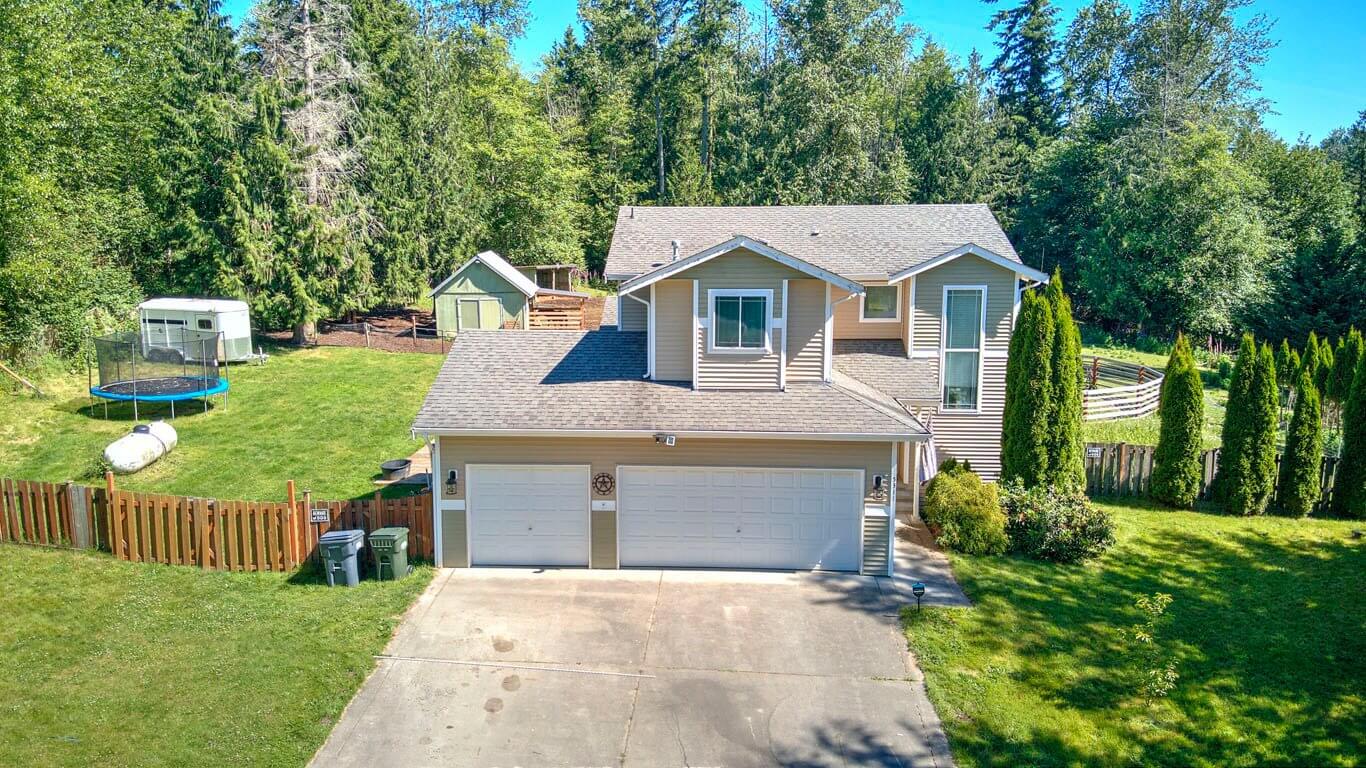Is it better to buy a home or rent a home? When it comes to real estate investments, just as in all aspects of life, people are going to vary as to what they’re most comfortable with. Many people are very happy as renters and do not wish want the responsibility of owning their own home. At the other extreme, many people own not only a primary residence, but also actively invest in real estate as their choice of a secure financial investment. In truth, there are good aspects to both renting and purchasing a home. Let’s look more into the rent vs. buy dilemma.
When renting a home, there is little responsibility to the renter as far as upkeep and maintenance of the investment property. If things go wrong or there is a problem, the renter is free to call the property owner and the problems will be fixed. For the homeowner, the problem is a little bit more involved. The problem must be diagnosed to discover what the problem is, and what caused the problem, and the homeowner is responsible for the repairs and costs associated with that maintenance and upkeep. In addition the money saved from renting can be invested in a variety of ways.
For the renter, picking up and moving may still be a difficult task. They still have all of the same possessions as most homeowners, but they do not have a thirty year mortgage keeping them in place. With proper notice being given, the renter is able to move freely wherever and whenever they would like. For the real estate investor, it is a little more difficult, as there is often a mortgage to be considered, as well as other factors which only the homeowner can truly comprehend.
The homeowner also has something else that the renter does not. Whether it is real or imagined, being able to return home to someplace that is actually your very own, is a satisfying experience. When the home is owned, there is nobody who can say what modifications to the real estate can or cannot be made. The freedom that owning your own home allows you to do as you please, within reason of course, is a feeling that is very comforting to most people.
While not everyone is going to want to accept the responsibilities that come with home ownership and a real estate investment, most people would agree that the benefits are well worth the cost. Investing wisely in a home is a good idea for anybody who truly wishes to understand what that feeling is. The cash value of a good real estate investment is secondary to the rest of the home ownership experience and so it will not matter to them if it is cheaper to buy or not.
As a Real Estate company, we would be happy to help you find a home, but because this is a major life event and a huge financial responsibility, we suggest you reflect on a few things to help make your decision easier. First of all, here are some cases where renting a home might be a good idea:
- Rent amount is lower than average—and the rent is expected to stay that way
- You might have reason to move in a few years
- The housing market is too expensive to purchase a home
- You do not want to worry about maintaining a home
Comparing monthly rents to mortgage payments for similar-sized homes is only a part of the overall picture. Consider the following:
- Time horizon: How long do you plan to stay in the home? To recover transaction costs at both ends, a home usually takes 5 to 7 years to appreciate enough to break even. However, in recent years, many areas of the country have had home values actually decrease while in other areas, people say it may only take two years to recover costs.
- Future rent: Rent prices vary, and in recent years they have been rising fast while home mortgage payments have dropped. Will that trend continue, or will it level off or even decrease?
- Tax benefits: Current tax law allows property taxes and mortgage interest to be deducted from one’s income, lowering one’s tax burden.
- Home Maintenance Costs: Home ownership requires funds to make repairs over time. Some of these may be costly and unexpected. Roofs, insects, plumbing, trees and normal wear and tear are some maintenance costs which need to be factored in to maintain home value.
- Transactions costs: Down payment, transaction fees, closing costs and inspection fees are some upfront costs that are required to buy a home. Most people require financing, too, which adds extra monthly costs to the home.
- Equity: As equity builds in one’s home, it can be used to leverage other investments, home improvements or other purchases.
Buying a home requires some planning and money. Down payment, financing, and closing costs are required to buy a home, and then, of course, one has the mortgage payment and budget for repairing a home. A home not only offers people ownership and a place to call their own; it is an investment. Homes tend to appreciate in value over time. I just heard of a person who bought their home brand new for $25,000 in the early 1960’s (appreciated cost today for inflation is $190,000) and sold it 50 years later, in a sub-par economy, for $600,000. Not to mention that at some point the homeowner paid off their mortgage and had no more home payments, which could then be used for other investments–while a renter would still be paying rent today.
We hope this helps with your understanding of renting vs. buying a home!
For further explanation of the renting vs. buying decision watch this video made from khanacademy.org.

